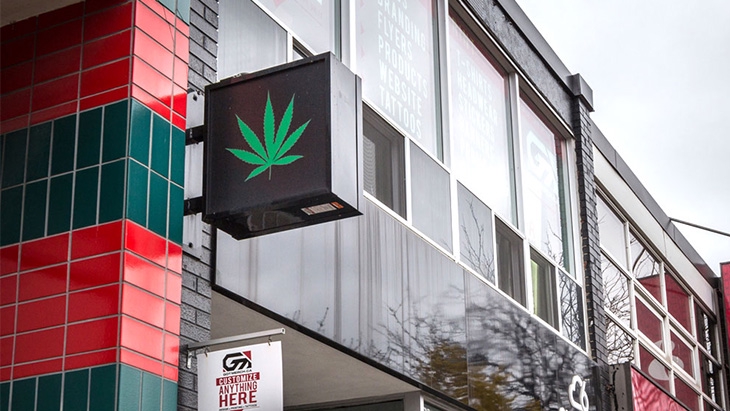Concerns that legalizing marijuana for those ages 18 and older in Canada would lead to adverse public health consequences have not come to fruition, according to an analysis published in the Journal of the Canadian Academy of Child & Adolescent Psychiatry. The analysis finds that there has been “no marked increase in cannabis youth by use” in the three-year period following legalization. The authors further highlight the positive societal impact of reducing marijuana-related arrests among adults and young people following the policy change. Regulating marijuana has also led to more targeted public health messaging, authors suggest. They conclude: “In the lead up to legalization, professional associations … suggested that legalization posed a threat to public health, advocated for the legal age for cannabis use to be set at a minimum age of 21 or 25, or that Canada should not legalize at all because it would place youth at greater risk of harm. With such categorical fears now shown to be largely unfounded, this should provide the basis to move forward on more nuanced grounds. … [O]n the balance, cannabis legalization – especially when considering the severe adverse social impacts of criminalization, and especially for youth – continues to offer the potential to better protect and achieve consequential net benefits to public health and welfare of cannabis users and society at large.” Separate assessments of Canada’s legalization policy have no uptick in the percentage of motor vehicle accidents attributable to marijuana and no changes in either cannabis use or access among higher-risk youth. Additional data published in April in the journal Health Reports finds that Canadians are rapidly shifting from the illicit market to the legal market – with an estimated 70 percent of cannabis consumers now reporting obtaining the plant from legal sources.
NORML, 08/16/2021 20:00:00

